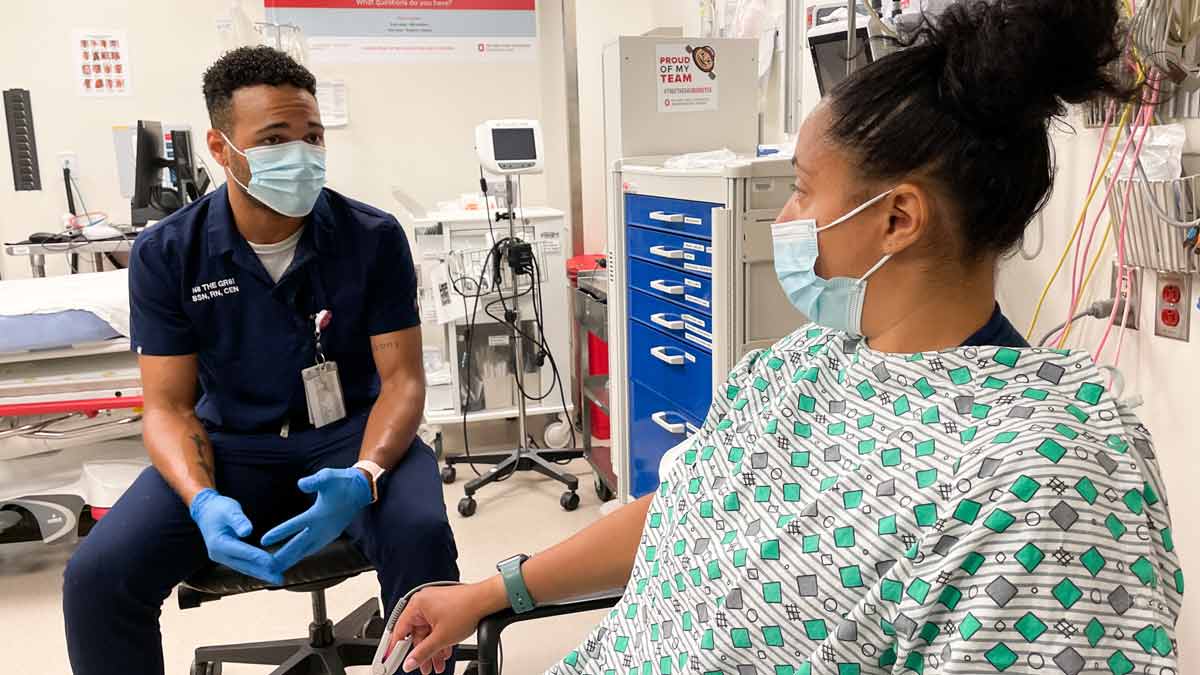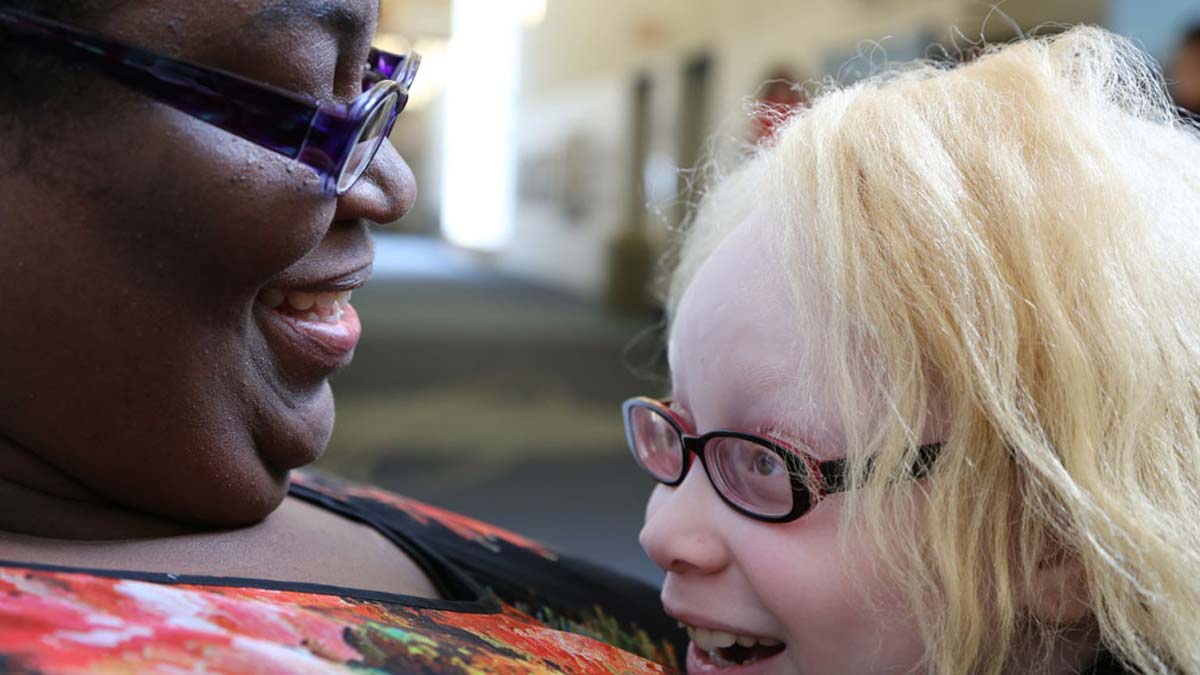3 warning signs to look for during virtual holiday celebrations with seniors

The COVID-19 pandemic is forcing families to rethink their holiday celebration plans. Large family gatherings around the dinner table during Thanksgiving and Christmas are being replaced with video chats and phone calls.
The holiday season has traditionally been a time to check in on senior family members and friends to see how they are doing. And while you can’t be there in person, there are still ways to assess your loved one’s well-being.
1. Mental Health and Sharpness
Most seniors take the COVID-19 precautions and recommendations more seriously than my younger patients and have limited their participation in exercise and group activities that slow cognitive decline.
To measure the impact of spending more time alone, ask them to share the month, day and year. Discuss current events and family updates, then bring those topics up later in the video call to see if they remember what was shared. It’s OK to be direct about whether they are feeling down or have been depressed.
2. Balance and Movement
Lack of exercise can result in the loss of muscle tone, flexibility, balance and endurance. Ask your loved one to model what they are wearing or to show you something in their home, like a treasured photo or family memento. Look at how they walk. Are they short of breath? Did they stumble? Are they using their walker or cane? Have they lost weight? These can provide clues to how well they are holding up physically.
3. Household Cleanliness
Is their home cluttered? Are there trip hazards on the floor? Are dishes piling up in the sink? You can gauge this by asking them to show you parts of the home where you would usually gather. Did they cook one of the family’s favorite dishes or desserts? Making a trip to the kitchen will allow you to see its condition.
Seeking Help
Seniors often want to maintain their independence and can become defensive if they feel it’s being threatened. Position yourself as an ally to help them in this pursuit, with the understanding that you both have a shared goal to keep them healthy and safe. If you identify a potential issue, try the following:
- Help connect the senior to resources and services to support activities for daily living, such as grocery and prescription delivery services, home health aides and housekeeping services.
- With expressed permission, adult children can have access to their parent’s electronic medical record. This will allow the adult child to monitor medication adherence, diagnoses and treatment plans.
- Reach out to your loved one’s doctor if you identify a health concern.
Donald Mack is a family medicine physician at The Ohio State University Wexner Medical Center who specializes in geriatric, palliative and hospice medicine. He’s also an associate professor at The Ohio State University College of Medicine.




